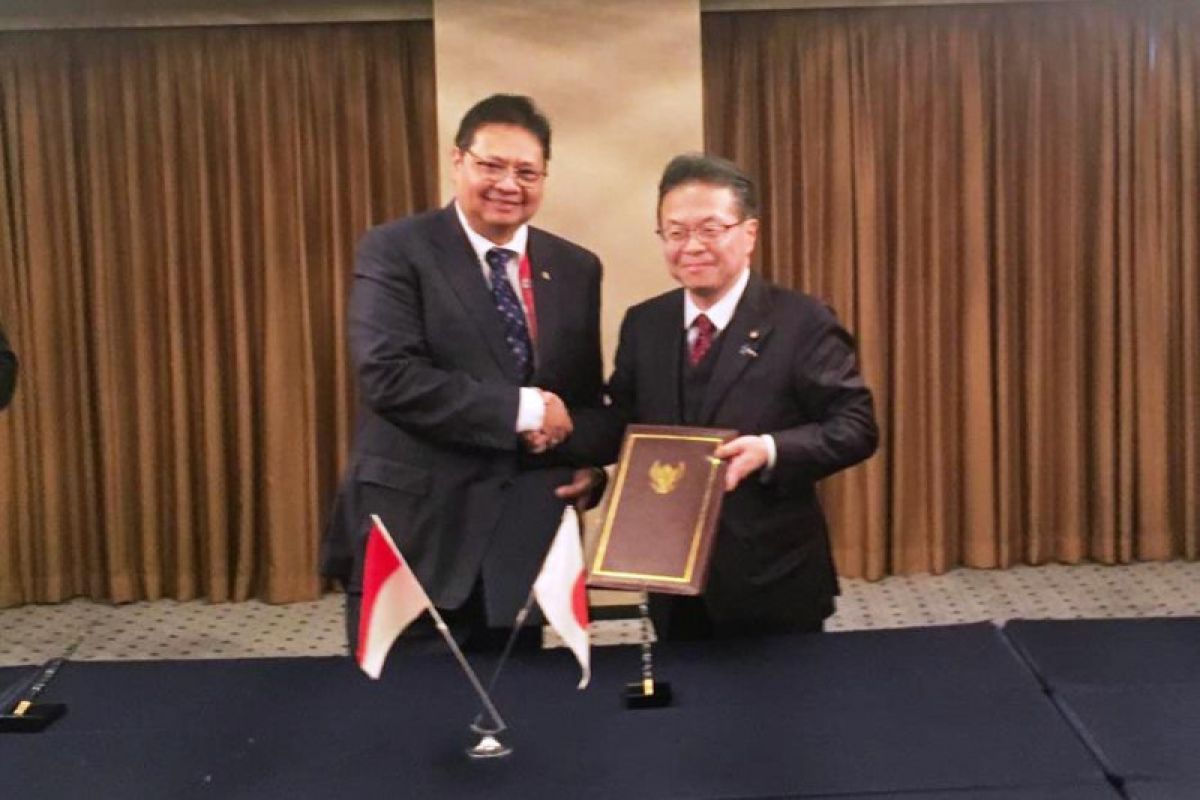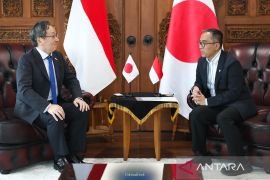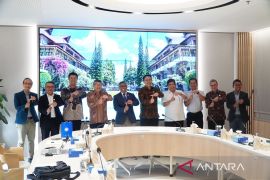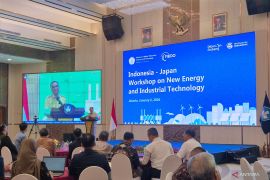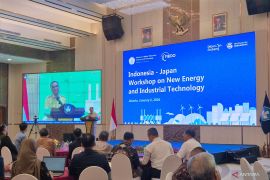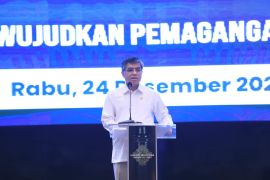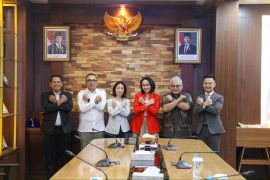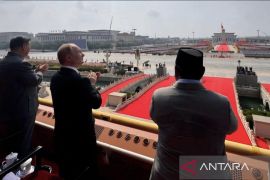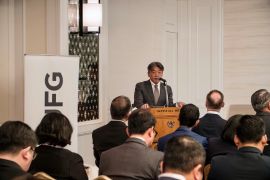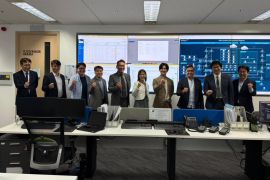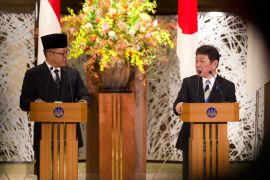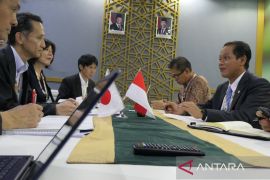This bilateral collaboration was marked by the signing of a framework document between Indonesian Minister of Industry Airlangga Hartarto and Japan's Economy, Trade, and Investment (METI) Minister Hiroshige Seko in Osaka on Thursday (June 27).
This cooperation is for the implementation of the New Manufacturing Industry Development Center (New MIDEC) project under the framework of the Indonesia-Japan Economic Partnership Agreement (IJEPA).
"The New MIDEC can compensate for the trade deficit between Indonesia and Japan (by establishing) basic capacity building for the manufacturing sector. For instance, the capacity for welding techniques or other skills related to the automotive industry," Hartarto noted in a statement, Friday.
New MIDEC activities cover the six sectors of automotive, electronic, textile, food and beverage and chemical and metal industries.
Moreover, the seven cross sectors comprise metal working, mold & dies (tooling), welding, SME development, export and investment promotion, green industry (energy, waste, emission), and industry 4.0 (digitalization, automation, policy reforms).
The New MIDEC program that can be implemented soon after the inking of the cooperation document is in the automotive sector by involving two cross sectors: mold & dies (tooling) and SME development.
Meanwhile, activities in other sectors will be conducted after both parties have prepared a technical arrangement and sought inputs from relevant stakeholders.
Hartarto, who is in Osaka to attend the G20 Summit on June 28-29, 2019, stated that Japanese businessmen are seeking a more favorable investment climate in Indonesia that encompasses guaranteed availability of raw materials and adequate support of infrastructure, such as electricity and ports, to emerge as a force to boost the competitiveness of an industry.
"At a business forum attended by businesspersons of various industries, the average large Japanese company has operated for more than 30 years in Indonesia. The sectors range from energy, electricity, pulp and paper, chemical, automotive and banking," he pointed out.
Hartarto also confirmed the government's plan to soon issue a new policy package to support the business world by providing fiscal incentive facilities in the form of tax holidays, tax allowances, and super deduction tax for vocational education and innovation.
"There is also discussion on the banking industry. One of the topics is the existence of data centers and digital financial inclusion that uses artificial intelligence technology. Moreover, there was a discussion for the project prototype for smart cities," he remarked.
Japan Economy, Trade and Investment Minister Hiroshige Seko highlighted that going forward, one of the key automotive policies was the development of battery or electric-based vehicles.
Japan has, until now, implemented a parallel policy for electric (EV) and hybrid bases.
EDITED BY INE
Translator: Sella Panduarsa G/Yashinta Dif
Editor: Eliswan Azly
Copyright © ANTARA 2019
